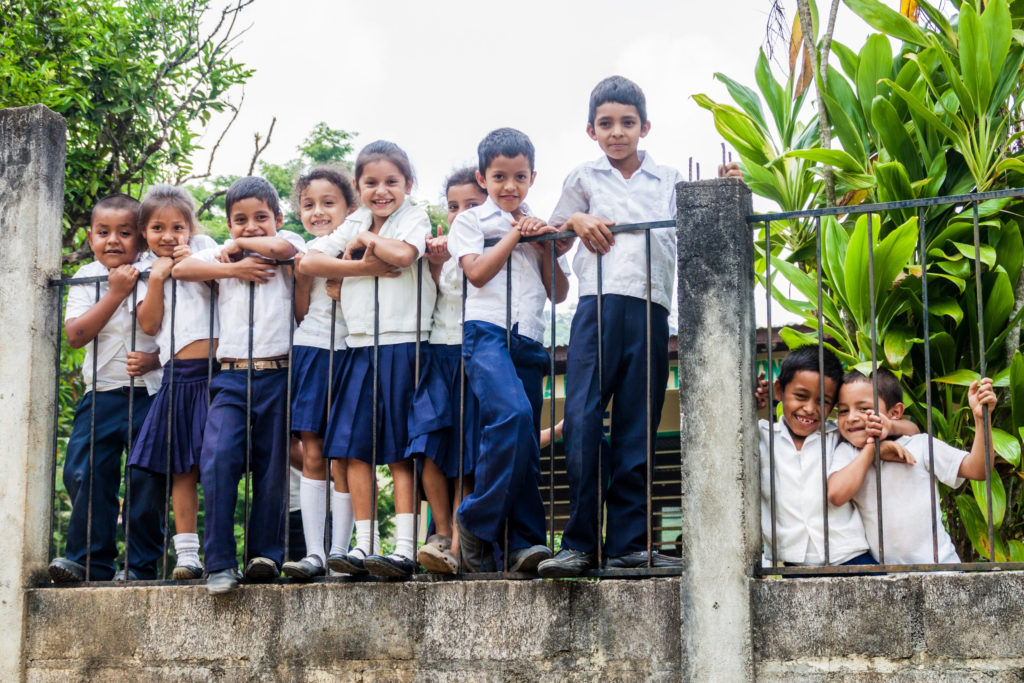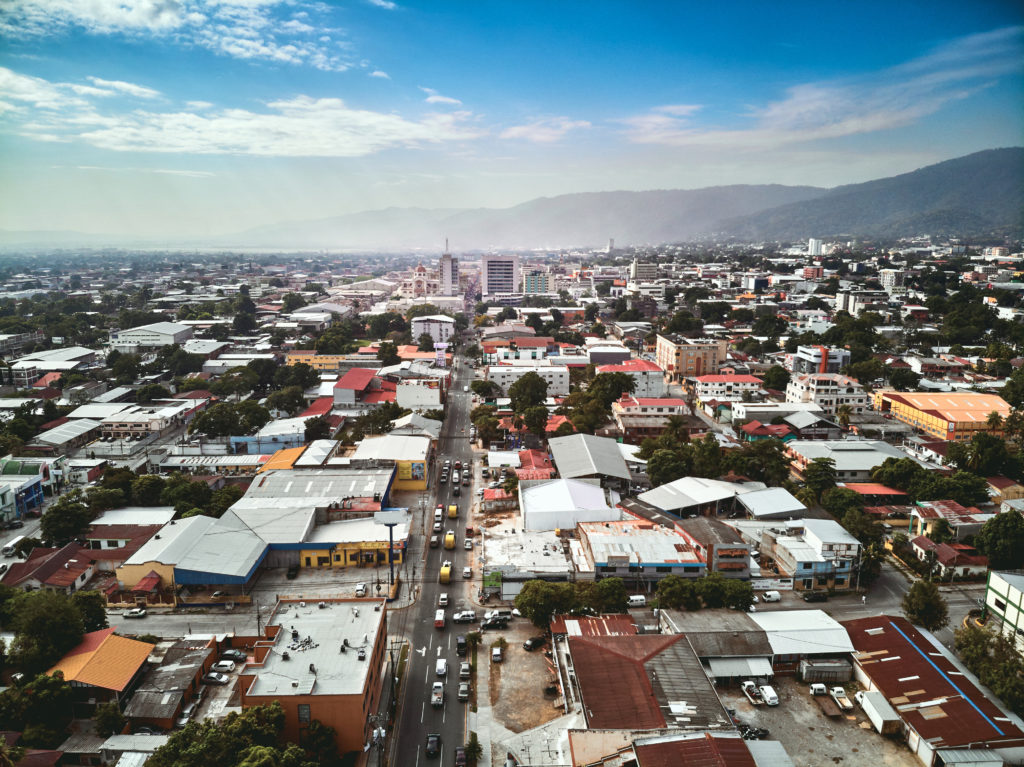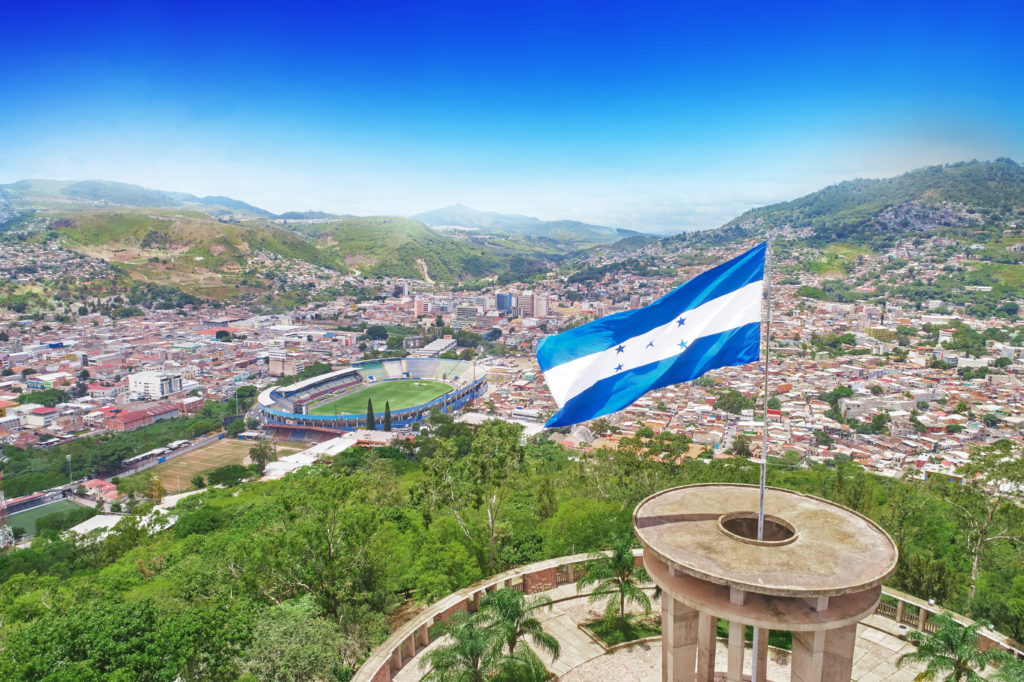facts about the Siguatepeque Primary School:
- Ages served: 6 – 19 years of age
- Curriculum: Students receive a well-rounded education, including core academic subjects. The children may choose additional academic or commercial courses — including classes in computer literacy or accounting — or a vocational course to equip them to become bilingual secretaries.
- Academic year: The school year in Honduras typically begins in February and ends in November. Students enjoy summer break from early December through February.
- Nutrition: Students receive a light, nutritious lunch each day.
- Medical Care: Many of the children who come here suffer from chronic malnutrition and/or illnesses. The school strives to provide free medical care at its clinic.
Nestled in northern Central America, Honduras was once home to several Mesoamerican peoples – most notably the Maya. This ecologically diverse land — with its rainforests, cloud forests, savannas, mountain ranges, and barrier reef system off the northern coast — teems with life. Its wealth of natural resources is equally impressive, including a variety of minable minerals and agricultural exports such as coffee, tropical fruit, sugar cane and lumber. Moreover, its growing textiles industry serves an international market.
The nation’s wealth of natural beauty and resources, however, belies the dire poverty in which its people live. In fact, Honduras holds the unfortunate distinction of being one of the poorest nations in Latin America. This is due in part to its longstanding political instability, social strife (including the world’s highest murder rate), and economic issues such as fluctuating export prices, rising inflation and unemployment. Other contributing factors include frequent natural disasters (hurricanes, mild earthquakes and flooding), widespread poverty, disease and inadequate education, which results in a high rate of illiteracy.
The small, rural town of Siguatepeque is no exception to these maladies. Unskilled workers here receive only a few dollars a day, a tragically typical wage. The poorest residents subsist on a daily diet of beans and corn, which only propagates the widespread malnutrition among area children. In 1970, a local church group recognized the dire need for education among the town’s most impoverished children and established Siguatepeque Primary School. Today, the school serves as a beacon of hope, not only providing for these deserving children’s most basic immediate needs, but also offering them the tools with which to build a promising future
Facts about Honduras:
- Population: 9.9 million (2020)
- Languages Spoken: Spanish (official), Amerindian dialects (Garifuna, Miskito, etc.)
- Poverty Rate: 66% (2020)
- Unemployment Rate: 5.4% (2020) with high underemployed



